 Get
Get
Japanese Yen Fast!
- Free home delivery over £750
- with Royal Mail Special Delivery 1pm
- Better rates than the banks
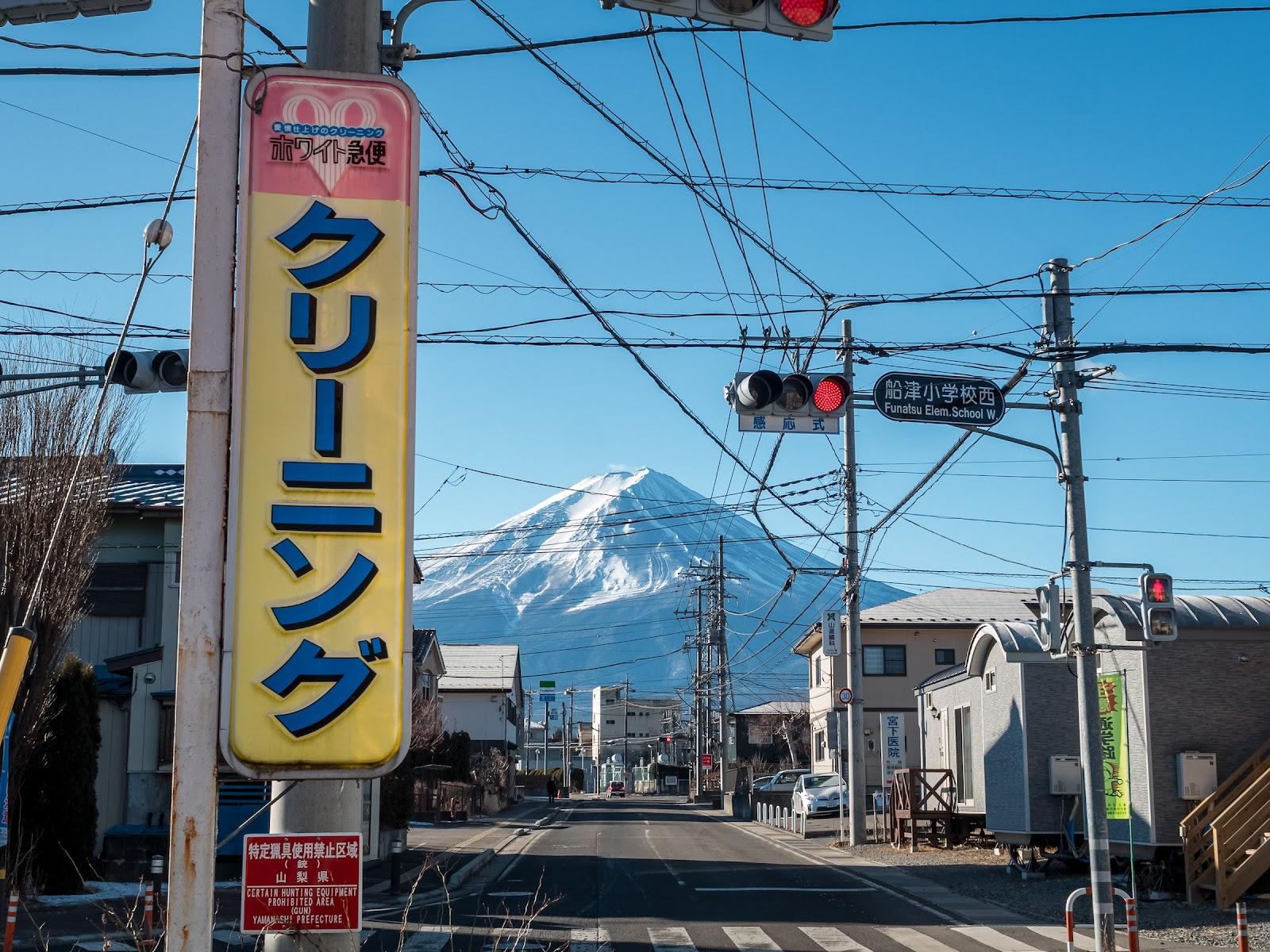
Travelling to Japan?
Get the best rates for Japanese currency online.
Prepare for a brilliant Japanese escapade with Manor FX! We’ve sorted your gbp to Japanese yen (JPY), so you can dive into the best places to visit in Japan. Thanks to our competitive exchange rates, you’ll have more yen to pounds for your adventure.
Whether you fancy a Japanese yen to GBP exchange delivered securely to your doorstep or are in the area for a quick pitstop, pop by our Manor FX bureau near Heathrow. It’s perfect for those in need of Japanese yen.
At Manor FX, we’re thrilled about our rapid delivery and intuitive online website for your Japanese yen travel money. Add the amount of yen you want to exchange, and our currency converter will show the latest rate.
Japanese travel money
Embark on your Japanese journey well-prepared. Dive into these useful Japanese travel tips about Japanese currency and payment methods. Knowing the yen to GBP rates and the costs of a trip in Japan will set you up for your holiday.
Can you buy Japanese yen in the UK?
Yup! Japanese yen is a major currency, so you can find it in the UK before your trip.
Where can you get Japanese yen?
You can purchase Japanese yen from the Post Office, larger banks, and airport kiosks. But watch out for the high exchange rates, which means less dosh in your pocket for your trip.
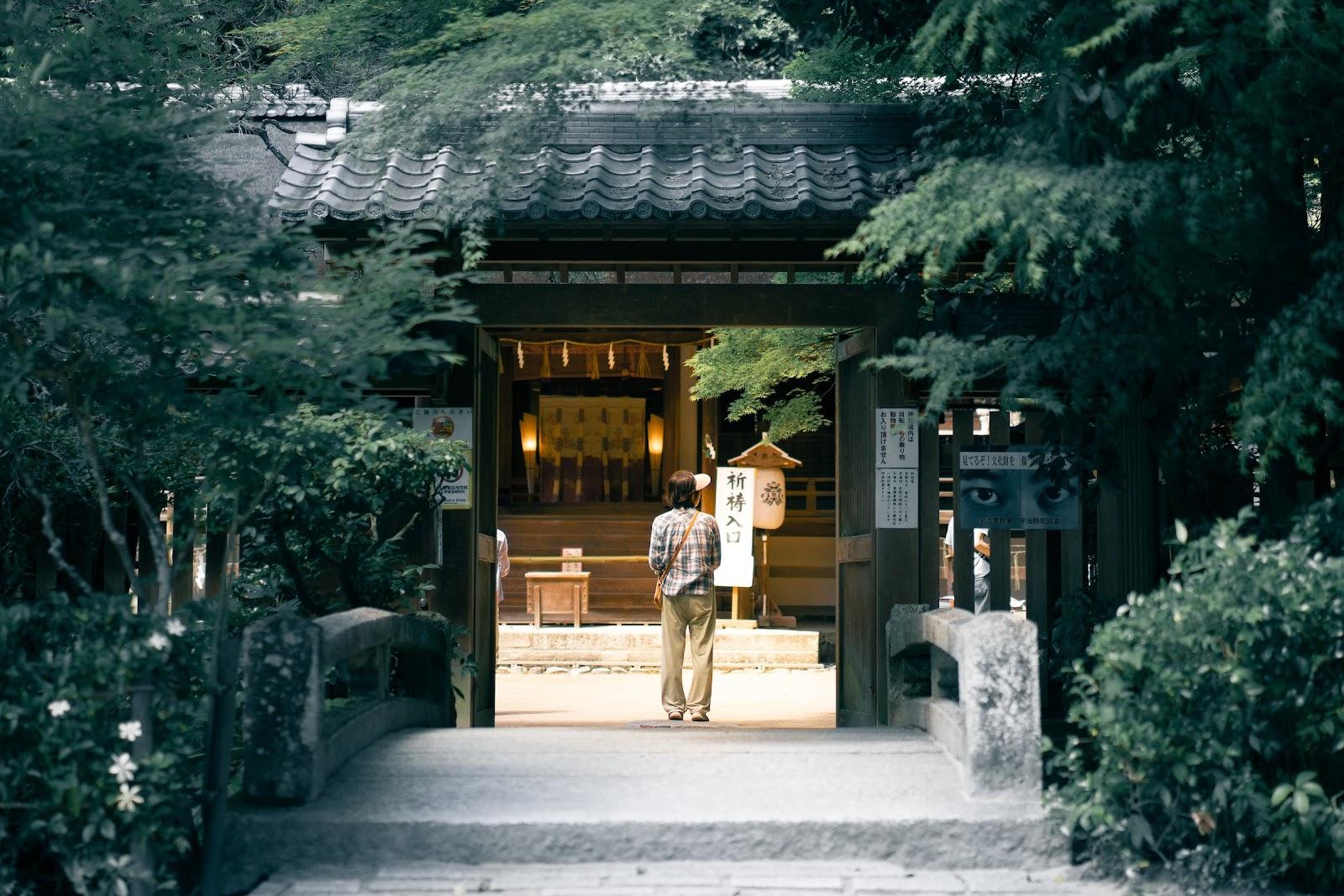
Should you exchange money before travelling to Japan?
Absolutely, it’s a wise choice to exchange some pound to yen before setting off on your Japan adventure. Having Japanese yen in your pocket is great for minor expenses and immediate needs when you land.
Local currency, like the Japanese yen, ensures smooth transactions, especially in local markets and eateries. Exchanging money beforehand lets you tap into the best gbp to yen rates, shielding you from the less appealing rates usually seen at airports. By taking this route, you get the most from your currency exchange.
Buy your yen now
What is the best currency to bring to Japan?
The best currency to bring to Japan is the Japanese yen (JPY). The official currency of Japan is the yen, and everywhere widely accepts it. While major cities and tourist spots might accept credit cards, many local shops, restaurants, and smaller establishments prefer cash.
So, having yen on hand is essential, especially if you want to enjoy the best places to visit in Japan.
Can I use my bank card in Japan?
Certainly, but remember that while Japan is modernising its payment methods, cash remains a dominant player. In big cities and major tourist areas, many establishments accept card payments.
However, numerous local shops, eateries, and smaller venues in Japan still favour cash transactions, especially the Japanese yen.
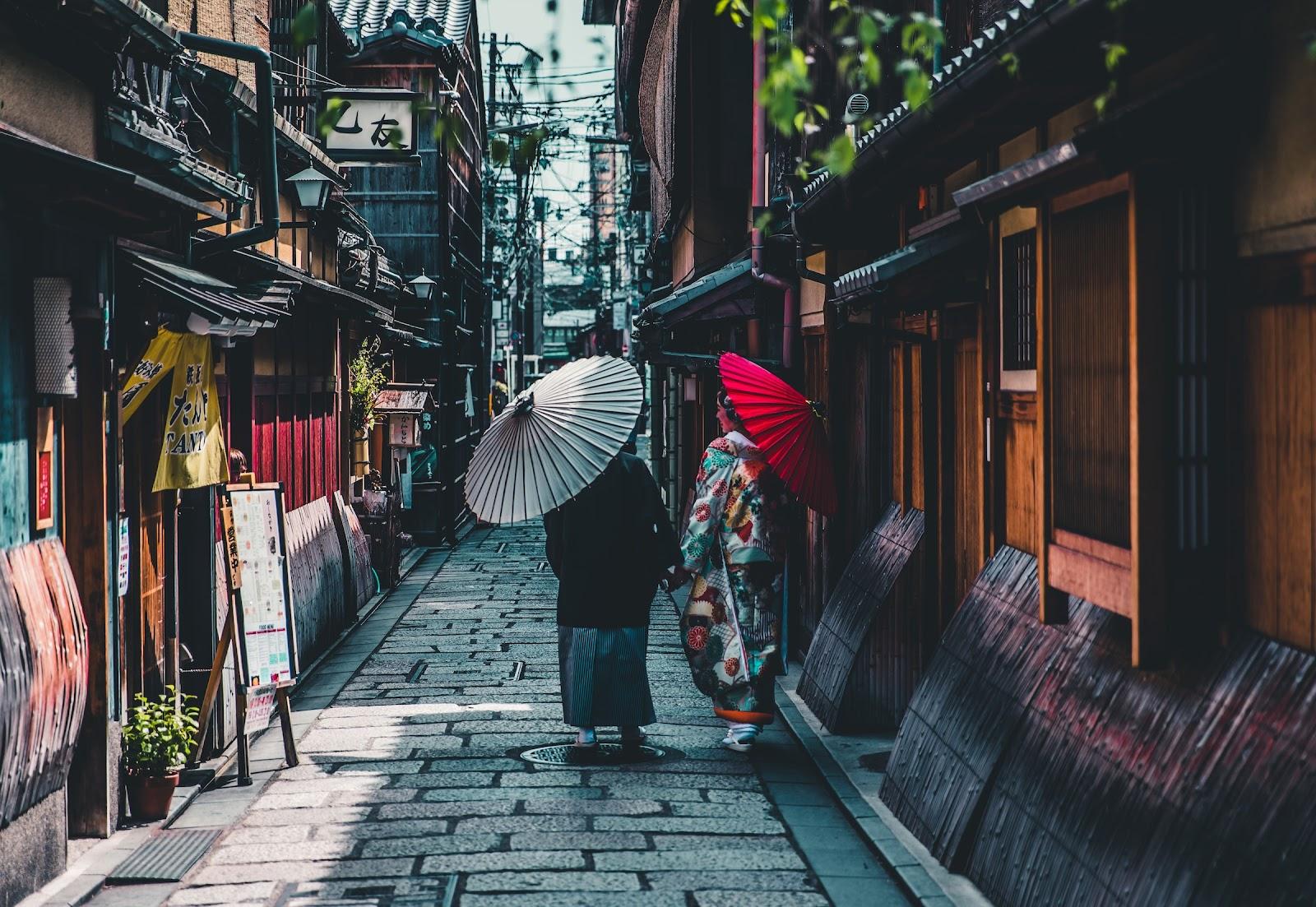
Should I use cash in Japan?
If you’re thinking of using your card in Japan, here are vital points to keep in mind:
Bank card fees: Paying with your debit card can mean extra charges, including currency conversion fees. These can accumulate, so stay alert!
Withdrawing cash from Japanese ATMs might be pricier due to costs like currency conversion fees. The yen to GBP rate offered by your bank may not always be the best. Remember, banks often make a bit extra from these exchanges.
Touch base with your bank before jetting off to Japan or any other East Asian destination. This can help prevent any unwelcome card blocks from unexpected overseas spending.
Using debit cards in Japan is common. But you must be clued up on potential fees and the exchange rates from Japanese yen to pounds. Making sure you’ve got the correct currency, like Japanese yen, ready for your trip is always smart.
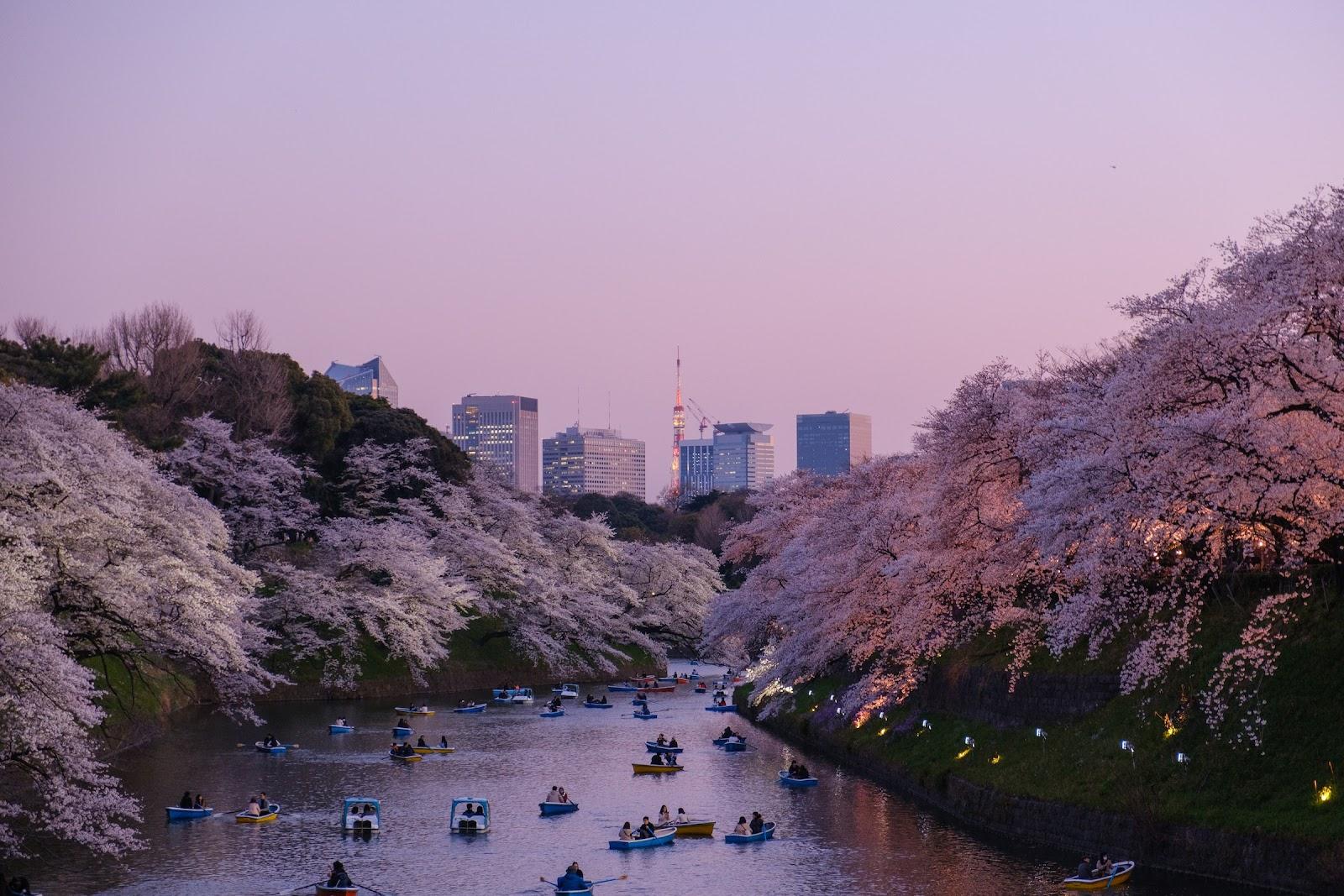
Is life expensive in Japan?
Yes, Japan can be expensive, especially compared to other Asian destinations. Here’s a quick breakdown:
- Accommodation: Hotels in popular cities like Tokyo, Kyoto, and Osaka can be pricey. However, there are budget options like hostels and capsule hotels.
- Transport: The bullet trains (Shinkansen) are fast and convenient but can be costly. A rail pass can save money if travelling between cities.
- Food: You can find affordable meals in local eateries. Dining in high-end restaurants or indulging in specialities like sushi can add up.
- Attractions: Entrance fees to temples, museums, and other attractions vary, but they can accumulate.
- Shopping: Japan offers unique products, from electronics to traditional crafts. Depending on your shopping habits, this can influence your budget.
- Daily expenses: Items like coffee or snacks might be slightly more expensive than in the UK, especially in touristy areas.
However, with careful planning and budgeting, you can manage costs and enjoy the best places to visit in Japan. Always check the yen to GBP rate before your trip, and consider using Manor FX for a favourable exchange rate.
How much cash should I take to Japan?
Your budget and preferences are key when planning a week-long holiday in Japan. Here’s a guide to help you budget for your Japanese adventure:
Budget traveller: If you’re savvy about spending and aim to see Japan on a budget, £300 to £400 GBP for the week should suffice.
This range covers basics: staying in hostels, enjoying local Japanese restaurants or convenience store meals, and using economical transport like local buses.
It’s great for those who want an authentic experience without a hefty price tag.
Mid-range traveller: If you aim for a blend of comfort and culture, budgeting £600 to £800 GBP for the week is wise.
This allows for stays in business hotels or ryokans, dining in a mix of local restaurants, and visiting popular attractions.
You might also travel between cities using the efficient Shinkansen (bullet train). This is for travellers who want a comfortable, culturally rich experience.
Premium traveller: For a luxurious experience, consider £1,200 GBP or more for your week.
Staying in top-notch hotels or boutique ryokans, dining in upscale restaurants, and possibly even private guided tours become accessible.
This is for those who want to immerse themselves in Japan’s best, from traditional tea ceremonies to gourmet sushi dining.
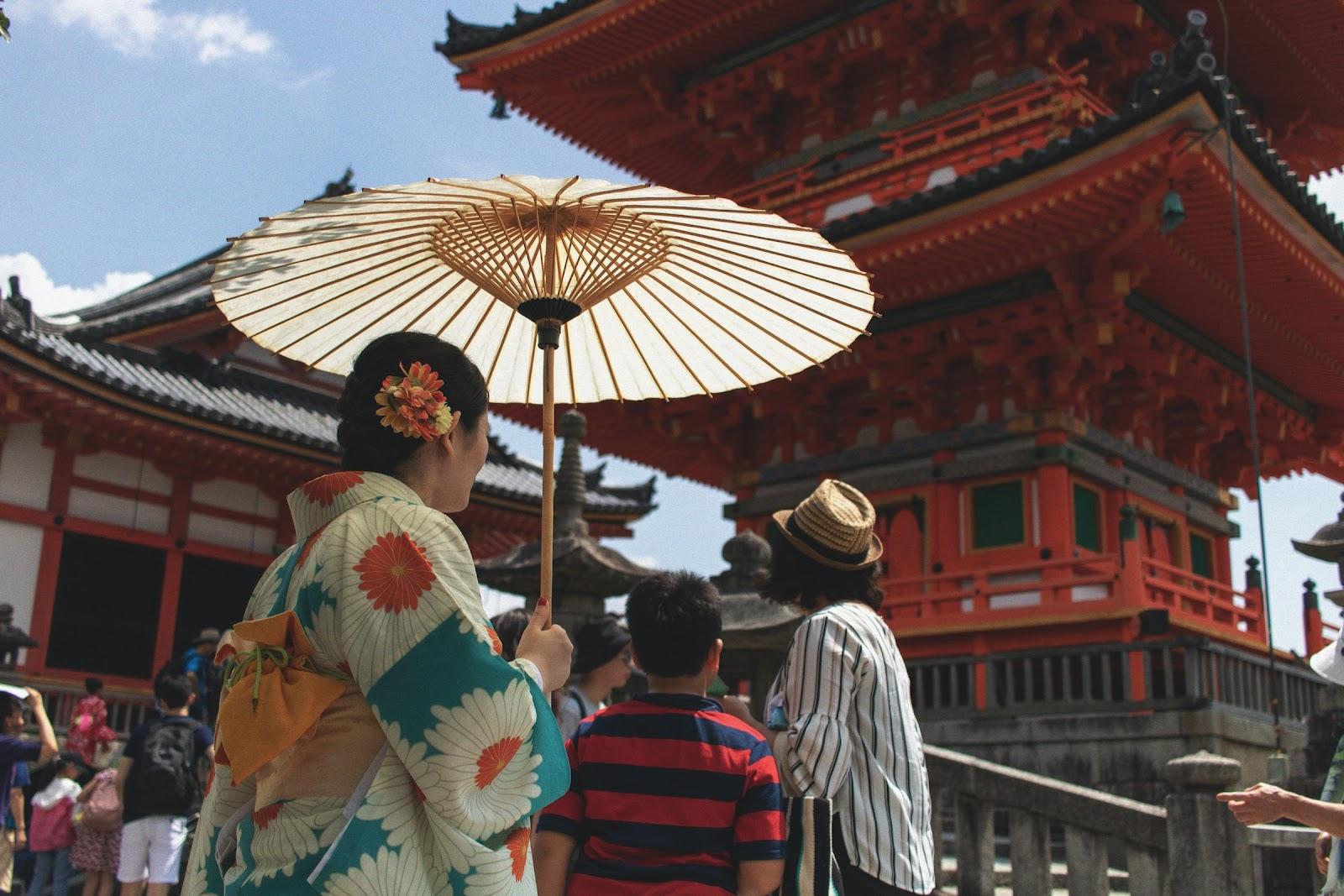
How does tipping work in Japan?
Tipping etiquette in Japan differs from many countries, and being aware of the nuances is essential. Here’s a guide to help you navigate:
Japan doesn’t have a tipping culture. Many scenarios often consider it unnecessary or even rude to leave a tip. A sincere “Arigatou” (thank you) is more than enough if you receive excellent service.
Respecting the Norms: In Japan, providing high-quality service is a standard expectation, not an exception. Workers pride themselves on their professionalism and efficiency.
Trying to tip can sometimes lead to confusion. If you leave extra yen on the table in a restaurant, for example, staff might chase you down, thinking you’ve forgotten your change.
In places like ryokans (traditional Japanese inns), where tipping might be appropriate, it’s customary to place the yen in an envelope rather than handing over cash directly.
While people appreciate the intention behind tipping, you must adapt to local customs in Japan.
Embracing these nuances ensures respectful interactions and a smoother cultural experience during your stay. Before setting off, converting your pounds to Japanese yen through Manor FX ensures you’re well-prepared for all financial transactions.
Buy your yen now
Japanese Currency
Banknotes in Japan
The Japanese currency, the Japanese yen (JPY), is available in various denominations. This includes coins of 1, 5, 10, 50, 100, and 500 yen, and banknotes of 1,000 yen, 5,000 yen, and 10,000 yen. There’s also a less common 2,000 yen note.
These banknotes and coins have distinct designs encapsulating Japan’s deep-rooted culture and history. You’ll find images of cultural icons, renowned figures, and famous landmarks on the Japanese yen. For instance, the 1,000 yen note showcases Mount Fuji, a symbol of Japan.

Japanese coins
Japanese yen coins come in various denominations, from 1 yen up to 500 yen. People in Japan widely use coins for daily transactions, especially for smaller purchases.
The 1 yen and 5 yen coins are particularly common for exact change, while the 500 yen coin is one of the highest-value coins in regular circulation worldwide.
These coins are handy for daily activities like taking the metro or buying from vending machines. When exploring the best places to visit in Japan, having a mix of yen coins and banknotes ensures smooth transactions.

Japan’s currency import and export regulations
Travellers heading to and from Japan have certain currency guidelines to remember. Here’s a quick overview:
Declaration threshold: You can bring in or take out any amount of currency, but you must declare amounts exceeding 1 million yen (or its equivalent) at customs. This helps in ensuring transparency in financial transactions.
For those carrying significant amounts, being aware of these regulations is crucial. This ensures hassle-free travel and smooth interactions at customs. Remember, before travelling, checking the yen to GBP rate and using services like Manor FX can help streamline your currency needs tailored to a UK audience.
Ordering Japanese yen online
Order Japanese yen effortlessly with Manor FX. Get fast, safe delivery through Royal Mail or collect it close to Heathrow. Purchase online without a fuss now! Your seamless currency exchange for Japan is just a click away.
Selling back Japan yen to gbp
If you want to convert your Japanese yen to GBP, follow this link. Click on ‘Sell Currency’, select ‘JPY Japanese Yen’, and benefit from top-notch rates for your leftover yen.
Plan your Japanese escapade confidently and let Manor FX manage your currency requirements. Purchase your Japanese yen today and set off on a trip packed with unforgettable moments in Japan!
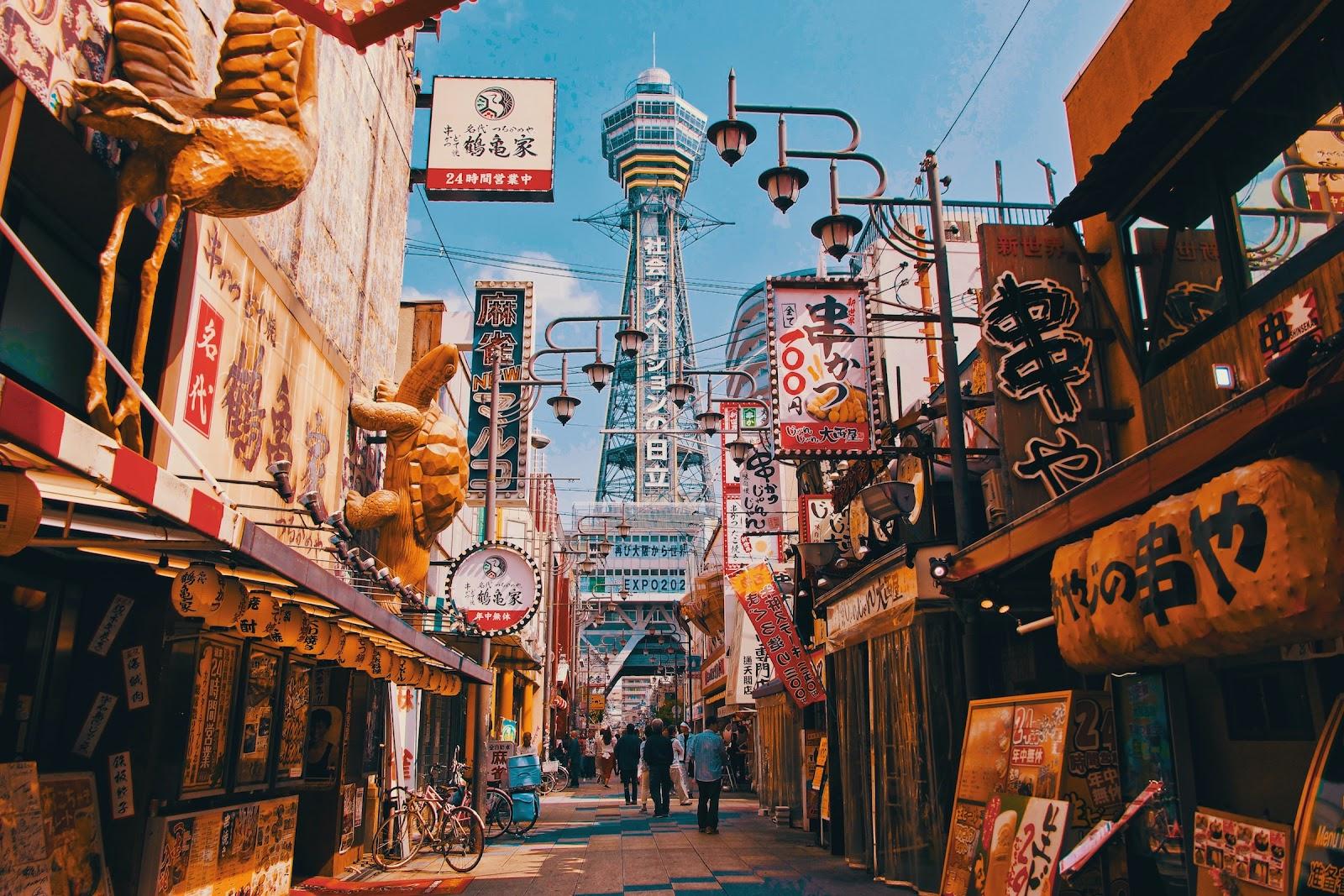
FAQs
Do you need a visa to go to Japan?
No, UK citizens don’t need a visa to visit Japan for short stays, such as tourism, business, and visiting friends or relatives. You can stay in Japan for up to 90 days without a visa. However, when you arrive, you must have a valid passport, and they may ask you for proof of a return or onward ticket.
It’s always a good idea to check for any changes in entry requirements before travelling.
What vaccinations are required for Japan?
Your health is paramount when travelling to Japan. While Japan doesn’t have stringent vaccination requirements for entry, it’s wise to consider your health and safety.
Recommended precautions:
- Routine vaccinations: Ensure your standard vaccines, such as measles-mumps-rubella (MMR) and diphtheria-tetanus-pertussis, are up to date.
- Hepatitis A and B: Consider these vaccines, especially if you’re planning on trying a wide range of local foods or engaging in activities that might expose you.
- Japanese Encephalitis: If you’re venturing into rural areas or spending a lot of time outdoors, it might be worth discussing this vaccine with your doctor.
- Tick-borne Encephalitis: Relevant if you’ll be hiking or camping in woodland areas.
- Influenza: Depending on the season and your health, you might need to consider an influenza shot.
It’s always smart to consult with a healthcare professional 6-8 weeks before your trip to Japan. They can offer advice tailored to your itinerary and health background. Remember, staying healthy ensures you can enjoy the best places to visit in Japan.
What is the best month/season to travel to Japan?
Japan has varied climates, making the ideal travel time dependent on your desired destination and activities.
Northern Japan (Hokkaido): Best explored from May to September, offering mild temperatures. If you’re keen on winter sports, December to February is peak snow season.
Central Japan (Tokyo, Kyoto): Favourable times are spring (March to May) for cherry blossoms and autumn (October to November) for vibrant foliage. Both seasons have mild weather, perfect for sightseeing.
Southern Japan (Okinawa): Preferable from March to May and October to November. This region has a subtropical climate, so summers can be hot and humid.
Avoid rainy season: Japan experiences a rainy season (Tsuyu), typically in June and early July. While travel is still possible, prepare for regular showers.
Whether you’re chasing cherry blossoms or skiing down snowy slopes, there’s an ideal time for every Japan experience. And don’t forget, Manor FX has your back for currency exchanges like yen to GBP. Safe travels!
What are the top Japanese tourist attractions?
Japan is a country that seamlessly fuses ancient traditions with modern innovation. But where should you venture in the Land of the Rising Sun? From bustling metropolises to serene landscapes, Japanese culture caters to every traveller. Dive into some of the best places to visit in Japan.
Tokyo: The bustling capital, Tokyo, is a blend of the old and the new. Wander through the historic Asakusa, gaze at the iconic Tokyo Tower, and embrace the quirky side of Akihabara. Don’t forget to indulge in sushi from its birthplace.
Kyoto: As the former capital, Kyoto is the heart of traditional Japan. Explore beautiful temples like Kinkaku-ji, roam the historic Gion district, and witness the beauty of cherry blossoms at Maruyama Park.
Osaka: Known for its modern architecture and nightlife, Osaka also offers a rich history. Visit Osaka Castle, indulge in street food in Dotonbori, and take a ride on the giant Ferris wheel.
Hiroshima: Delve into Japan’s history at the Peace Memorial Park, a reminder of the past and hope for a peaceful future.
Mount Fuji: This iconic mountain is not just for postcards. Whether you’re hiking or admiring from a distance, its majestic presence is awe-inspiring.
Nara: Meet friendly deer, explore ancient temples, and soak in the historic atmosphere of Japan’s first permanent capital.
Hokkaido: A paradise for snow enthusiasts. Its capital, Sapporo, is famous for its beer, ski resorts, and annual snow festival.
Kanazawa: Explore the history of samurai, walk through Kenrokuen Garden, and wander the historic districts.
Okinawa: Dive into crystal-clear waters, relax on sandy beaches, and discover the unique Ryukyuan culture of this tropical paradise.
Nikko: Famed for its ornate shrines, national parks, and beautiful waterfalls, Nikko is a serene escape from urban life.
Each destination in Japan offers a distinct experience, from the buzz of neon lights to the whisper of temple prayers. Whether you’re embracing the best places to visit in Japan or converting your yen to GBP, remember Manor FX is here to support your travel needs. Safe journey!
Feel the Trustpilot love

Great competitive rates & friendly & helpful staff. Easy to order online & collect in person or delivery.

Great, fast and reliable service would certainly use again for my travel needs, as the rates are the best around!

This amazing company have gone above and beyond in getting a large amount of a rare currency across the pond to Ireland.

Great rates and really responsive, friendly customer support, will definitely be using Manor FX again.

Manor FX gave me a better rate than my bank with great customer service, I highly recommend them.

Family run business that’s always super helpful. Manor FX’s rates are always really good as well!
 Get
Get
Japanese Yen Fast!
- Free home delivery over £750
- with Royal Mail Special Delivery 1pm
- Better rates than the banks